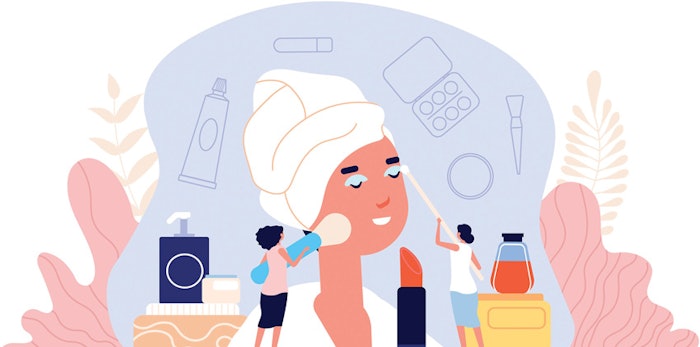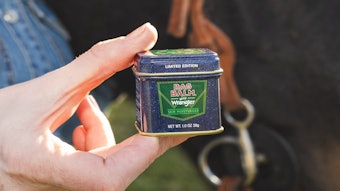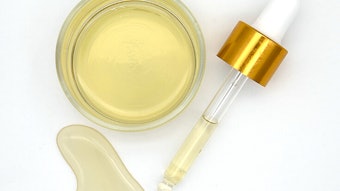
Every industry worldwide is feeling the impacts of the COVID-19 pandemic, and likely will continue to be affected for months, if not years, to come—the beauty and personal care industry is no exception. In fact, a recent projection from Kline states that the U.S. cosmetics market may drop by as much as 8.1% in the next year, with fragrance and color cosmetics taking the biggest hitsa.
Meanwhile, McKinsey is reporting that, based on global executive-ratified scenarios, the worldwide beauty industry could see a revenue decline of 20-30%, with the drop rising to as much as 35% if a serious COVID-19 recurrence takes place later in 2020b.
However, in the face of these challenges are opportunities to adapt and show resilience. Suppliers are both adjusting their real-time processes and their longer-term strategies to ensure the least amount of disruption possible to their customers and the supply chain as a whole. Read on to see how suppliers with staying power are persevering through the pandemic.
Staying Essential
While many nations and U.S. states have instituted stay-at-home orders, factories generally fall under businesses exempted from the directives. Because of this, many suppliers have maintained operations, with additional sanitary measures added.
“We are fully operational as an essential business, practicing all the social distancing and CDC guidelines,” says Mike Simko, vice president of sales, Curtis Packaging, based in Sandy Hook, Connecticut.
In Europe, suppliers are operating to the best of their abilities as well.
“The factories are where most measures have been required,” says Tim Eaves, CEO and cofounder, Quadpack Industries. “While our Spanish factories had to close this week by government mandate, our German factories are 86% operational. There, we are taking special safety measure. For example, each worker’s temperature is taken on arrival; everyone wears masks and gloves; everyone works at a distance from each other; shift changes are timed to avoid overlap, in order to minimize contact; and the equipment is thoroughly disinfected between each shift.”
Staying Agile
A company’s ability to adapt and remain flexible will be key—and will not be forgotten by supply chain partners or brands that rely on you.
“As coronavirus may continue to affect worldwide trade for some time, Jojoba Desert has been proactive to ensure minimal disruption to our customers,” says a company statement from Lee Reuveni, CEO of Israel-based Jojoba Desert. “We have transferred sufficient stock to our warehouses worldwide—United States, Netherlands and China—in order to ensure our partners’ and customers’ stable supply.”
Says Eaves, “Our hybrid model is helping by keeping us agile. While our aim is to manufacture in the region, for the region, being able to produce or source from different places means we are flexible in our offer. Being a global enterprise serves us well, too. Many of our teams cross borders and are used to using business tools to collaborate remotely.”
Eaves also adds that Quadpack is stocking its most popular packaging formats, with just-in-time local assembly and decoration to ensure a fast time to market: “This practice, together with our hybrid model, is serving us well during this crisis, so it shows we are on the right track.”
For the full article, please check out Global Cosmetic Industry's July/August Issue.
Footnotes:
a www.gcimagazine.com/business/marketers/financials/Kline-Data-Beauty-Sales-to-See-Steepest-Decline-in-60-Years-569354011.html
b www.mckinsey.com/industries/consumer-packaged-goods/our-insights/how-covid-19-is-changing-the-world-of-beauty
Lisa Doyle was formerly the associate editor of Global Cosmetic Industry and is a freelance writer in the Chicago area. Her work has also appeared in Skin Inc., Salon Today, Modern Salon, Master Barber and Writer’s Digest.











